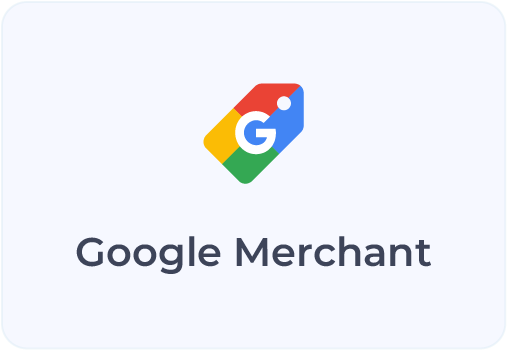Consumers are always interested in buying products at the best price. Therefore, price is usually the ultimate factor in purchasing decisions. Usually, retailers or vendors are advised to follow the price matching strategy that can improve productivity in the long run. It can further promise better productivity, higher investment returns, and enhanced customer loyalty.
Studies reveal that price plays an essential role in shaping the perceptions and attitudes of customers toward brands. Big retail giants such as Amazon, Walmart, and Target have implemented some advanced pricing strategies that allow customers to visit their eCommerce stores repeatedly to buy products at an affordable price. However, small businesses experience intense competition due to their inability to implement reliable price-matching policies.
What do you need to know about Price Matching?
Price matching is an idea to lower the price of the product compared to other stores in the competitive market. Many companies prefer using this lower pricing policy to save money and time because customers get automatically attracted to shops with lower price tags on their favorite products.
It is considered an integral part of eCommerce pricing, and retailers find it more beneficial to achieve higher store conversion rates. These purchases can also enhance customers’ loyalty with improved ROI and brand trust in the market. However, while working on a pricing strategy policy, it is essential to distinguish between two purchase patterns: The first is to focus on some free-standing actions involving individual transactions, and the second is about purchasing decisions per the ongoing supply of services and products. Companies may follow different price-matching policies depending on their niche category.
Pros
Companies that use price-matching policies must improve business operations while attracting more customers to their niche. The core idea is to beat the price of the product in comparison to your competitors. It may lead to the below-mentioned benefits:
· Higher success rates
When you put forward the price matching strategy, it may help you grow your business fast. Although the results are usually evident in the short term, one should always be aware of long-term implications. You can boost your chances of succeeding in the market based on your current position in your sales channels.
· Improved confidence of buyers
Modern-age consumers prefer to invest in specific businesses only after observing honesty, brand reputation, and fair pricing details. Effective implementation of price-matching policies can boost consumers’ trust in your brand. If you follow amazon price strategy tactics carefully, you can learn how to create a loyal customer base in the long run.
Cons
Price matching strategy can also cause a few drawbacks that you should look after:
· Margin degradation
Margins play an essential role in entire business growth and profitability, but price matching policies often cause steep degradation in pricing.
· Risk of price wars
Increased influence of price matching policies may sometime cause massive price wars between competitors, and it may hurt profitability, especially for small businesses, by a considerable level.
The best way to avoid the cons of the price match strategy is to use an intelligent pricing optimization platform such as Intelis that can help you creat the most effective pricing strategy to boost traction and sales.






